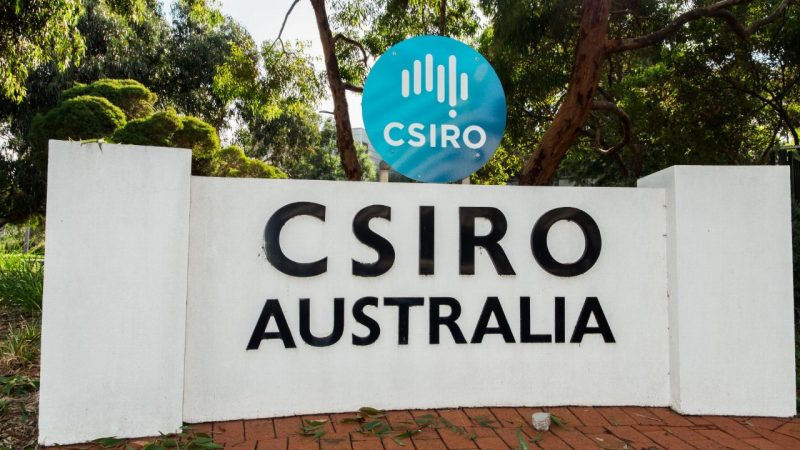Artificial intelligence, or AI, has hogged global headlines in 2023 thanks to the phenomenal growth of ChatGPT, but two of the world’s leading governments are now trying to get ahead of the curve when it comes to using AI to solve global issues.
The US National Science Foundation (NFS) and Australia’s national science agency, CSIRO, have formed a partnership to become two of the first two nations to build a more responsible and ethical AI framework to tackle some of the world’s “toughest problems”.
CSIRO and NFS will employ researchers from Australian and US universities for The Collaboration Opportunities in Responsible and Ethical Artificial Intelligence initiative.
“What we want to see, especially with what we’re announcing today, is how do we improve or protect ourselves from future pandemics and improve our response? How do we take the edge off drought, and be able to use resources in a much smarter way?” Australian Minister for Industry and Science Ed Husic said.
The two organisations said concerns around responsible and ethical AI had grown “sharply” with the increasing availability of AI tech. As such, the framework to be put in place through the NFS-CSIRO partnership will act as a guideline to ensure all AI algorithms are “safe, fair, and beneficial to all citizens” in the future.
“What we’re talking about here is using that huge power of AI to crunch through data that would take people ages to go through and to make inroads on. We’ve seen when AI’s been used in particular ways to come up with new antibiotics and to improve the quality of people’s health,” Mr Husic said.
The two research organisations have each been awarded a grant of roughly $2 million to tackle societal challenges including pandemic preparedness, drought resilience and harmful environmental emissions.
AI technologies targeting environmental aspects will be used to determine the equitable allocation of resources including water, the optimal placement of refuelling stations for non-fossil fuel vehicles, and vaccines and other medical supplies.
The development of fair and equitable solutions to drought and harmful environmental emissions will also be a main focus of environmental AI research.
In the area of infectious disease resilience, researchers will look into ways to mitigate bias in AI-powered modelling and the prediction of disease spread.
Head of CSIRO Larry Marshall said biased data could spread to modelling pipelines and lead to biased AI solutions. As such, the partners will look at different metrics of fairness in AI and study how these measures could be incorporated into AI optimisation procedures to mitigate bias.
Researchers will also examine the mapping of historical pandemic crises and how they could employ AI technologies to improve future responses using fair AI models.
“When you think about a machine partnering with a human mind, that’s the whole core of ethical AI: it’s not letting the machine run amok and do it on its own, it’s a collaboration between machines and humans,” Dr Marshall said.
Minister Husic also spoke of a $15 billion National Reconstruction Fund (NRF) currently in the works to keep Australian businesses developing and manufacturing on Australian shores.
Such a fund will create jobs, economic growth, and regional opportunities within multiple sectors, as well as scale up manufacturing capabilities within Australia.
Sethuraman Panchanathan, the Director of the NFS, revealed that a massive 45 proposals had been submitted since the two countries signed a memorandum back in January 2022, all for the purpose of “AI social good”.

